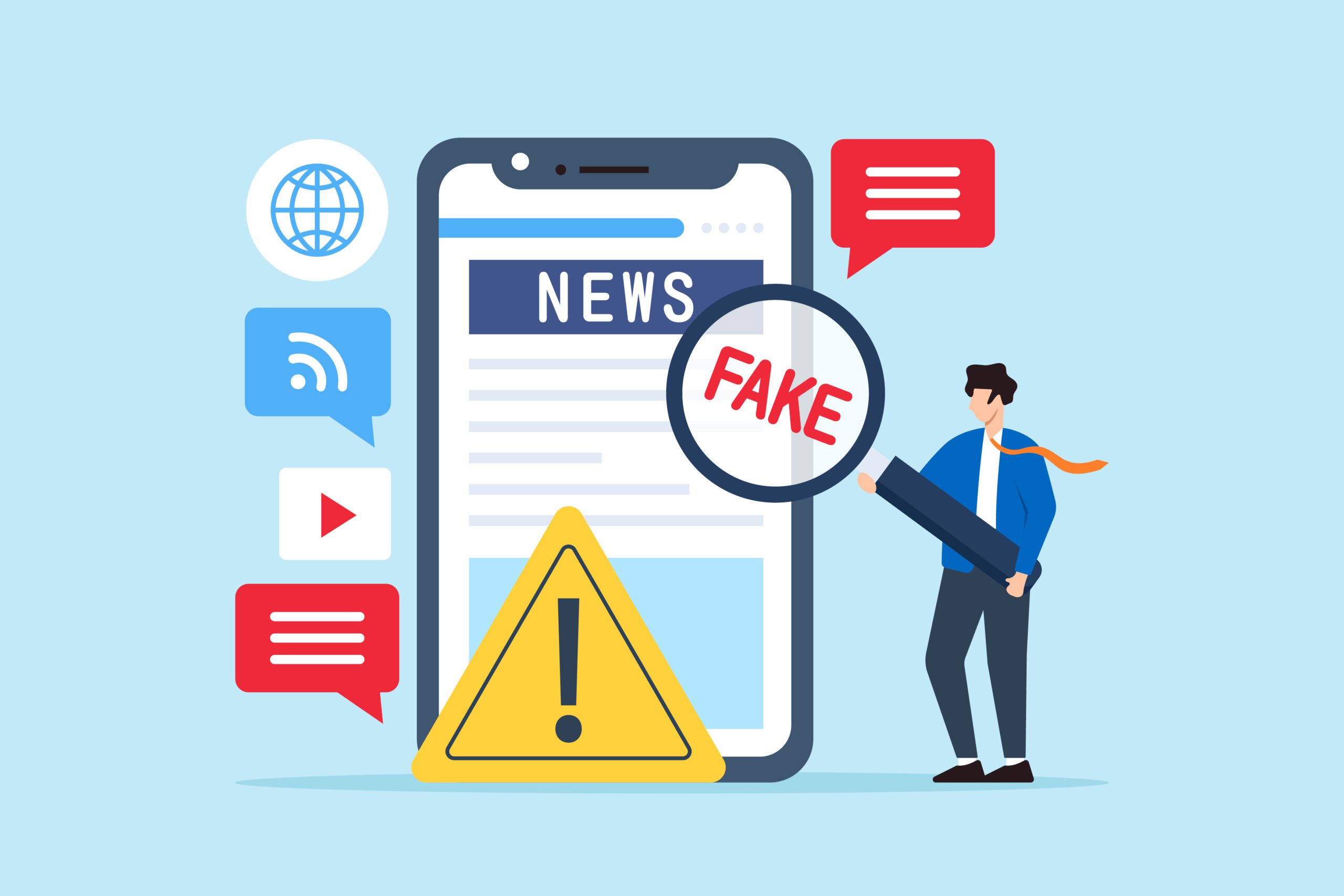The Social Ripple Effect: How One Negative Review Can Multiply

The social ripple effect refers to the wide-reaching impact that one negative review can have on a business or brand. In today’s digital age, where online reviews hold significant influence, the power of a single negative review is amplified through various channels, ultimately affecting brand reputation and business success.
Online reviews have become a crucial factor in consumers’ decision-making process. Studies have shown that most consumers and companies trust online reviews as much as personal recommendations. The influence of online reviews extends to social media platforms, where they can quickly spread and reach a vast audience.
One negative review has the potential to multiply and go viral, thanks to social media platforms. With the ease of sharing and the power of social networks, a negative review can reach thousands, if not millions, of potential customers within a short period. This viral spread can significantly impact brand reputation, leading to bad reviews due to customer skepticism and decreased trust.
The consequences for business success are evident. Negative reviews can deter potential new customers, leading to revenue and market share loss. Negative reviews may also influence existing customers, causing them to question their loyalty to the brand.
The psychology behind the social ripple effect is crucial in its potency. Confirmation bias, where people seek information that confirms their existing beliefs, can lead individuals to give more weight to negative comments and reviews. The bandwagon effect and social proof also contribute, as people tend to follow the opinions and behavior of others. Emotional contagion can spread negative sentiment and influence others’ perceptions.
Businesses must prioritize excellent customer service to prevent and manage the social ripple effect. Providing exceptional customer experiences can mitigate the impact of negative reviews and encourage positive ones. Encouraging positive reviews and responding promptly and appropriately to negative reviews can also help protect brand reputation and address customer concerns.
Understanding the long-term implications of the negative review social ripple effect is crucial. Negative reviews can have lasting effects on a business, affecting its growth and success. By proactively managing their online reputation and consistently delivering exceptional experiences, businesses can minimize the social ripple effect and foster a positive online presence.
Understanding the Social Ripple Effect
Understanding the social ripple effect is crucial in preventing damage to reputation and relationships. This phenomenon refers to how one negative review can quickly escalate and impact multiple people.
For instance, a dissatisfied customer’s negative experience can spread through word of mouth, social media, and online reviews, leading potential customers to lose trust in the business. A prime historical example illustrating the social media presence ripple effect is the “United Breaks Guitars” incident. In this case, a viral video posted by a customer about United Airlines breaking his guitar resulted in significant reputational damage and financial losses for the company.
The Power of Online Reviews
Unlock the untapped potential of online reviews and comments, and witness the astonishing power of social influence.
The Influence of Online Reviews
- Online reviews have a significant influence on consumer decision-making.
- Positive reviews can boost brand reputation and encourage potential customers to purchase.
- Negative reviews can deter potential customers and have a damaging effect on a company’s image.
- Social media platforms amplify the reach and impact of online reviews.
- Businesses should actively monitor and respond to online reviews to manage their reputation effectively.
To navigate the influence of online reviews, businesses should focus on providing exceptional customer service, encouraging positive reviews and feedback, and promptly addressing and resolving any negative reviews. By doing so, they can mitigate the potential negative effects of the social ripple effect on customers’ opinions and cultivate a positive online reputation.
The Role of Social Media in Amplifying Reviews
- Social media plays a crucial role in amplifying online reviews.
- Positive or negative reviews can quickly spread on social platforms like Facebook, Twitter, and Instagram.
- Social media allows reviews to reach a wider audience through shares, retweets, and mentions.
- Users can easily tag brands and share their experiences, influencing others’ opinions.
- The viral nature of social media can result in reviews gaining significant visibility and impact.
How One Negative Review Can Multiply
Regarding negative reviews, the impact can be far-reaching, creating a ripple effect that can snowball into serious consequences for businesses.
Viral Spread of Negative Reviews
Negative reviews have the potential to experience a viral spread, leading to a significant impact on a brand’s reputation. This phenomenon occurs when one negative review or post is shared widely across platforms, rapidly disseminating negative feedback. It emphasizes the importance of promptly addressing and managing negative reviews to prevent further damage.
Impact on Brand Reputation
A negative review can have a detrimental impact on a brand’s reputation. It can rapidly spread through social media and significantly influence potential customers’ opinions. Consequently, this can result in adverse consequences for the business’s success.
To mitigate and effectively address the cascading effect on social platforms, delivering exceptional customer service, actively promoting positive reviews, and promptly and appropriately responding to negative comments and feedback is crucial.
Consequences for Business Success
- Negative reviews significantly harm business success by deterring potential customers and leading to decreased sales.
- One negative review can severely damage a business’s reputation, tarnishing its image and credibility.
- Consistently receiving negative reviews can erode trust among existing and potential customers, posing a risk to business success.
- Due to decreased customer trust and loss of customers, the overall profitability of the business may suffer profoundly.
The Psychology Behind the Social Ripple Effect
Uncovering the power of Confirmation Bias, The Bandwagon Effect, and Emotional Contagion in shaping our responses to negative information and sentiment.
Confirmation Bias and Negative Information
Confirmation bias plays a crucial role in the amplification of negative information. People tend to search for and interpret information in a manner that validates their preexisting beliefs or biases.
This indicates that when individuals come across a negative online review, they are more inclined to accord it greater importance and disseminate it, thereby adding to the social ripple effect.
The Bandwagon Effect and Social Proof
- The Bandwagon Effect and Social Proof are psychological phenomena where people tend to adopt the beliefs or actions of others because they want to fit in or conform.
- Social Proof refers to the tendency of individuals to look to others for guidance on how to behave or make decisions, assuming that if others are doing something, it must be the correct or desirable course of action.
Emotional Contagion and Negative Sentiment
Emotional contagion occurs when negative sentiment expressed in online reviews spreads to others, influencing their opinions and behavior. This can significantly impact a brand’s reputation and long-term success. For example, a hotel received a negative review for poor customer service, which went viral and resulted in declining bookings.
Preventing and Managing the Social Ripple Effect
When it comes to the power of online reviews, there’s a fascinating phenomenon known as the social ripple effect.
Providing Excellent Customer Service
Providing excellent customer service is imperative to prevent the social ripple effect triggered by negative reviews. It is essential to address customer concerns promptly and appropriately while offering effective solutions to ensure customer satisfaction.
Moreover, by surpassing customer expectations and meeting their needs, businesses can cultivate positive experiences that motivate customers to share favorable reviews. In doing so, they can effectively get customer feedback and minimize the impact of any negative feedback.
Encouraging Positive Reviews and Feedback
- Efforts should be made to create a positive customer experience that encourages positive reviews and feedback.
- One strategy is to offer incentives, such as discounts or freebies, to motivate customers to leave feedback.
- An important aspect is engaging with customers on social media, responding promptly, and expressing gratitude for their positive feedback.
- Additionally, providing a seamless and user-friendly platform where customers can easily leave reviews is crucial.
- Furthermore, sharing positive reviews on your website and social media channels can highlight and enhance customer satisfaction.
Responding Promptly and Appropriately to Negative Reviews
Responding Promptly and Appropriately to Negative Reviews is essential for mitigating the impact of the social ripple effect. Acknowledging the customer’s concerns, apologizing for the negative experience, and offering support and a solution to rectify the situation are crucial.
By addressing issues promptly, businesses can demonstrate their commitment to customer satisfaction and potentially turn negative reviews into positive ones.
The Long-Term Implications of the Social Ripple Effect
The long-term implications of the social ripple effect, also known as the Social Ripple Effect, can substantially impact. The Social Ripple Effect refers to the phenomenon where a single negative comment or review can quickly spread through various social networks, causing it to influence the perceptions of others. T
his, in turn, can result in a loss of trust and decreased sales. Moreover, it can also severely damage a company’s reputation, necessitating significant time and effort to rebuild.



